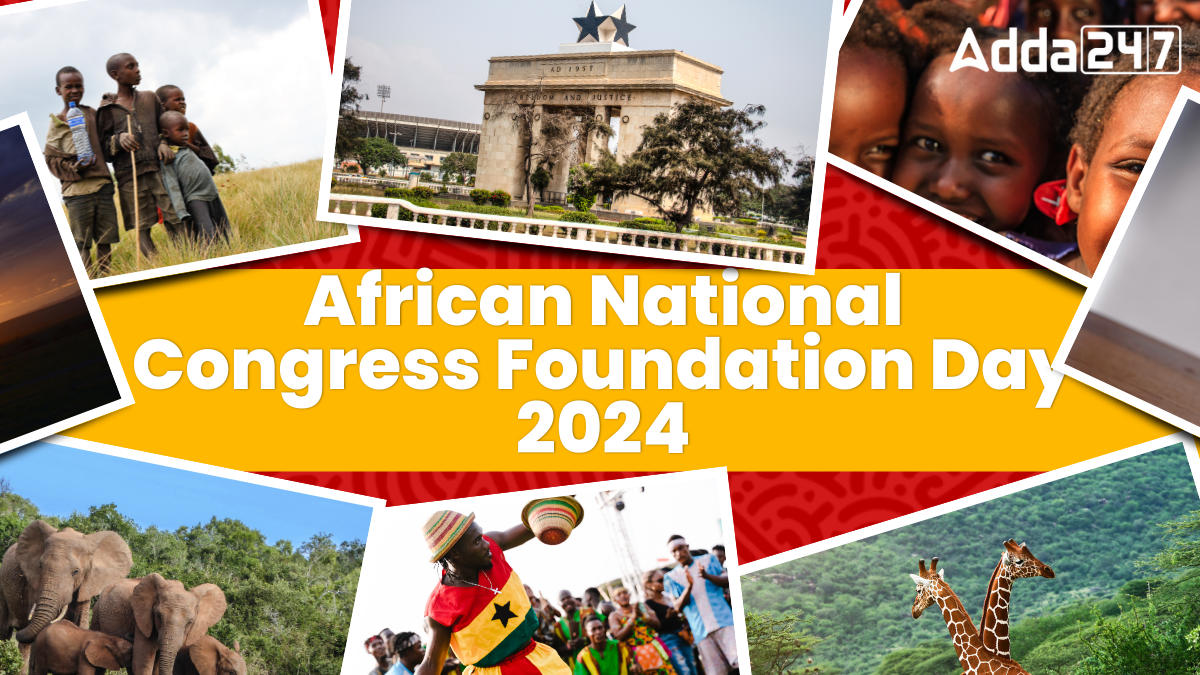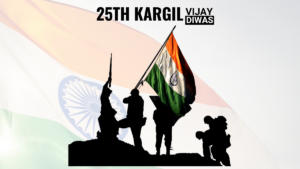African National Congress Foundation Day 2024
The African National Congress (ANC), a pivotal force in South Africa’s history, celebrates its Foundation Day on January 8, commemorating its establishment in 1912. This day marks the ANC’s enduring commitment to uniting African people and defending their rights and freedoms.
Formation of the ANC: A Milestone in African History
The ANC, initially founded as the South African Native National Congress (SANNC) in Bloemfontein, symbolizes a landmark event in Africa’s struggle against centuries of exploitation and humiliation. Formed in a time of rapid change, with the discovery of diamonds and gold in South Africa, the SANNC aimed to counter oppressive laws and taxes designed to dispossess Africans of their land. The notorious 1913 Land Act, which severely restricted African land rights, catalyzed the SANNC’s activism.
The Rise of the ANC in South African Politics
Since the transition to democracy in April 1994, the ANC has been the governing party of South Africa. Its journey from an organization fighting for basic rights to leading the nation signifies a monumental shift in the country’s political landscape.
Campaigns and Collaborations: The Early Years of the ANC
The early years of the ANC were marked by significant campaigns, including the fight against the pass laws. In 1919, the Industrial and Commercial Workers Union (ICU) emerged as a significant force, organizing both rural and urban areas. Meanwhile, socialist organizations began mobilizing black workers, leading to the formation of the Communist Party in 1921. This period saw escalating government repression, resulting in the establishment of a color bar and the exploitation of black workers.
Transformation and Militancy: ANC’s Evolution
In 1923, the SANNC was renamed the African National Congress, aligning itself with the struggles of miners and workers. The increasing harshness of apartheid laws and the suppression of dissent led to the ANC, in collaboration with the South African Communist Party (SACP), forming a military wing, uMkhonto we Sizwe, in 1961 to wage an armed struggle.
The Collapse of Apartheid and Emergence of Democracy
Faced with growing internal dissent, international pressure, and the disintegration of the Soviet Union, the apartheid regime entered negotiations with the ANC. This dialogue paved the way for the dismantling of apartheid and the establishment of a democratic government in 1994.
Nelson Mandela and Oliver Tambo: Icons of the ANC
Nelson Mandela, elected President of the ANC in 1991, and Oliver Tambo, the National Chairperson, were instrumental figures in the ANC’s history. Tambo’s contribution was particularly significant, serving as President from 1969 until his death in 1993.
Historic Elections and a New Era
In April 1994, South Africa witnessed its first historic elections based on universal suffrage. The ANC, winning by a significant majority, ushered in a new era with Nelson Mandela inaugurated as the President of South Africa on May 10, 1994.
Important Questions Related to Exams
Q1. When was the African National Congress (ANC) founded?
A. 1901
B. 1912
C. 1923
D. 1994
Q2. What was the original name of the ANC when it was founded in 1912?
A. African National Congress
B. South African Native National Congress (SANNC)
C. Industrial and Commercial Workers Union (ICU)
D. Communist Party
Q3. Which event catalyzed the activism of the ANC in its early years?
A. Discovery of gold in South Africa
B. Establishment of the Communist Party
C. Formation of the Industrial and Commercial Workers Union (ICU)
D. 1913 Land Act
Q4. When did the ANC transition to being the governing party of South Africa?
A. 1912
B. 1923
C. 1961
D. 1994
Q5. What significant organization did the ANC collaborate with to form a military wing in 1961?
A. Industrial and Commercial Workers Union (ICU)
B. South African Native National Congress (SANNC)
C. Communist Party
D. uMkhonto we Sizwe
Q6. Who served as the President of the ANC from 1969 until his death in 1993?
A. Nelson Mandela
B. Oliver Tambo
C. Gautam Adani
D. Ashwani Gupta
Q7. Which ANC leader was elected as the President of South Africa in 1994?
A. Oliver Tambo
B. Nelson Mandela
C. Karan Adani
D. Gautam Adani
Q8. What was the armed struggle wing formed by the ANC in 1961?
A. ANC Military Force
B. uMkhonto we Sizwe
C. Industrial Workers Alliance
D. Communist Resistance Unit
Kindly share your responses in the comment section.



 Kargil Vijay Diwas 2024, Remembering Ind...
Kargil Vijay Diwas 2024, Remembering Ind...
 Important Days in July 2024, Check Natio...
Important Days in July 2024, Check Natio...
 National Brain Research Centre Celebrate...
National Brain Research Centre Celebrate...
